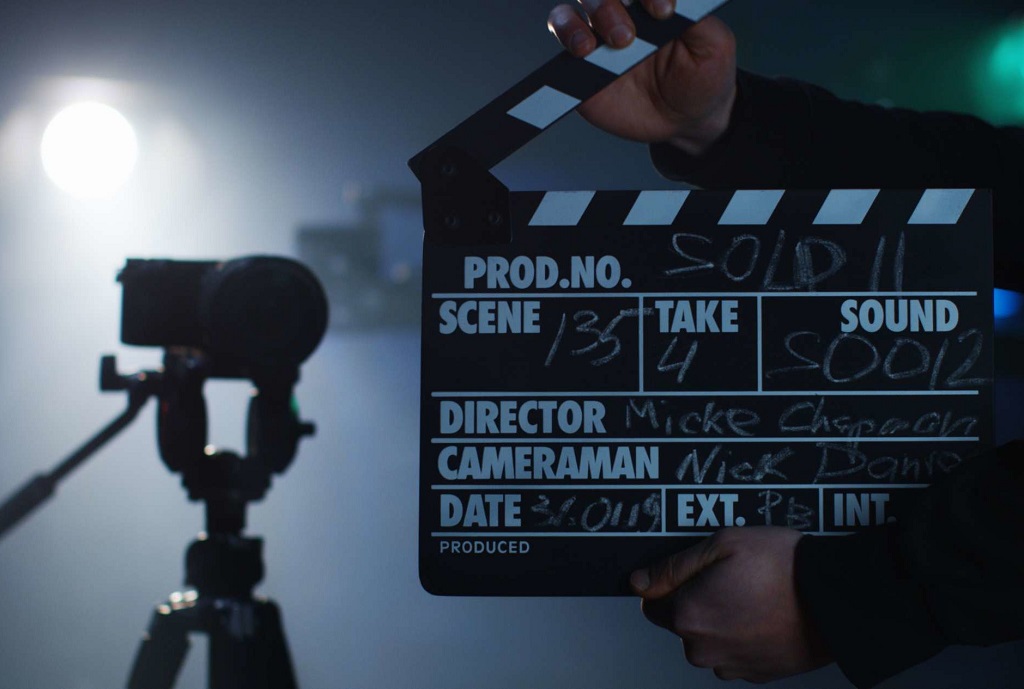Becoming an extra or walk-on actor in a movie or TV show is a competitive business. Being successful at the job is even tougher.
“Why?” you ask. “Don’t most extras show up on camera for a few seconds at most?”
Yes, but it takes a lot of work to make those few seconds happen. And because they’re typically involved in complex scenes that feature lots of moving parts, extras’ ratio of on-set downtime to screen time is far higher than that of speaking-role actors.
That’s why any talent or modeling agency worth its salt will tell you that being a successful extra is hard work — part art, part science, all determination, and grit. Here are five things that most successful extras and walk-ons do:
-
Invest in a Great Headshot
Film and TV are impersonal businesses. Extras and walk-ons don’t have the luxury of making a one-on-one first impression with their future director or producer. Instead, they (or their talent manager) send headshots to the appropriate authorities in the hope that they’ll attract a second look.
Your headshot, then, is your first impression. Make sure it’s professional and polished, but not too stuffy or formal: think country-club attire, not black-tie wear. Be sure to get a haircut, pluck your eyebrows, cover those blemishes and practice your smile, too.
-
Be Honest About Who They Are
Savvy extras never try to be someone they’re not. In a superficial, even vapid business, it pays to know where you stand in every sense of the word. In the profile clip you send to prospective employers, don’t cheat on your weight or say your eyes are bright green when they’re actually hazel brown. It’s not hard to fact-check such claims these days — and even the slightest misrepresentation could make you seem sneaky or untrustworthy.
-
Work with the Right Agency
No matter how carefully you prepare for a casting call or how many experienced extras you speak with, the right talent or modeling agency can make or break your experience. Your talent agency choice may even mean the difference between an upwardly mobile track that leads you to more lucrative acting opportunities and years of toiling in Hollywood’s trenches. Choose an agency with a clear, demonstrable track record and a mold-breaking business model that earns the attention of the industry’s notoriously fickle decision-makers.
-
Follow instructions to a “T”
Remember the downtime-screen time ratio? About that…
On-set downtime typically involves a bevy of very detailed, very annoying regulations that may really cramp your style: no talking, no moving, silence your electronics, you name it. Also, even if you’re only involved in a couple of takes, you’ll need to be on set for the entire duration of the shooting day — whether it wraps at 5 p.m. or 3 a.m. Bottom line: When you’re on set, be on your best behavior, follow instructions, and don’t leave until you’re told.
-
Don’t Take Work They Can’t Handle
On a related note, successful extras and walk-ons never take gigs that don’t fit their schedule. And since extras typically have to be on set for the duration of the shooting day, that pretty much precludes accepting more than one gig per day. Pro tip: Develop a system for evaluating opportunities on their merits: pay, career implications, subject matter.


